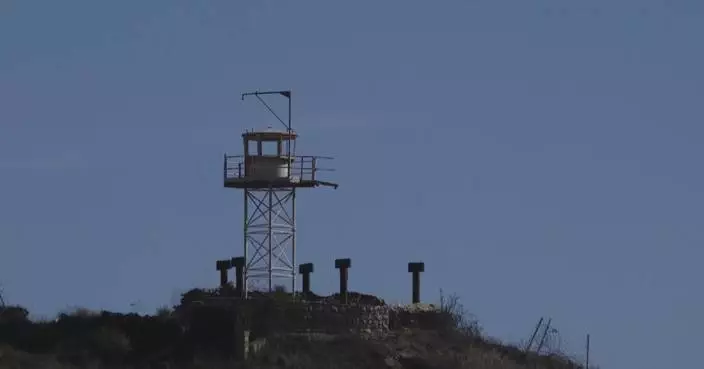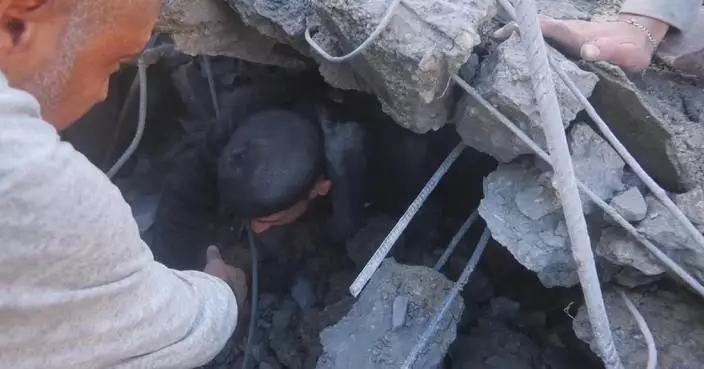China launched an ocean-salinity detection satellite into space from the Taiyuan Satellite Launch Center in north China's Shanxi Province on Thursday.
Carried by a Long March-4B Y53 carrier rocket, the satellite was launched at 6:42 a.m. (Beijing Time) and has successfully entered its preset orbit.
The satellite will fill the gap in China's high-precision global ocean-salinity detection capabilities, improve data collection on ocean dynamics and environmental factors, and boost the accuracy of China's marine forecasting products, according to the China National Space Administration (CNSA).
As part of China's civilian space infrastructure, the satellite, also known as Ocean-4 01, aims to support marine environmental and ecological forecasting, water-cycle monitoring, short-term climate prediction, data collection, among others, according to the CNSA.
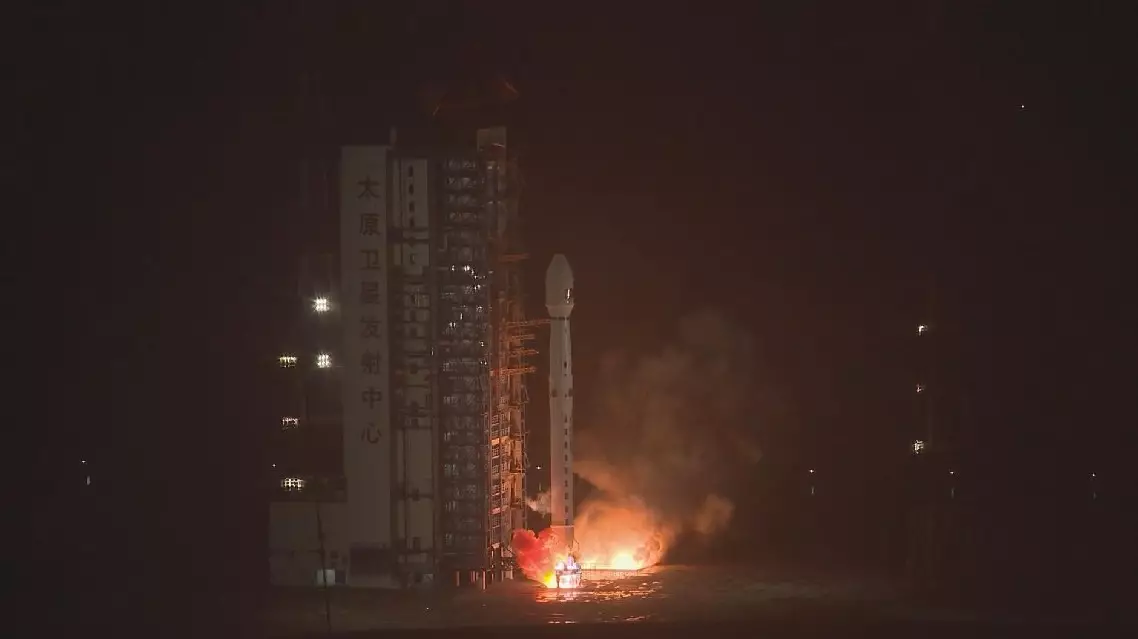
China launches ocean-salinity detection satellite into space
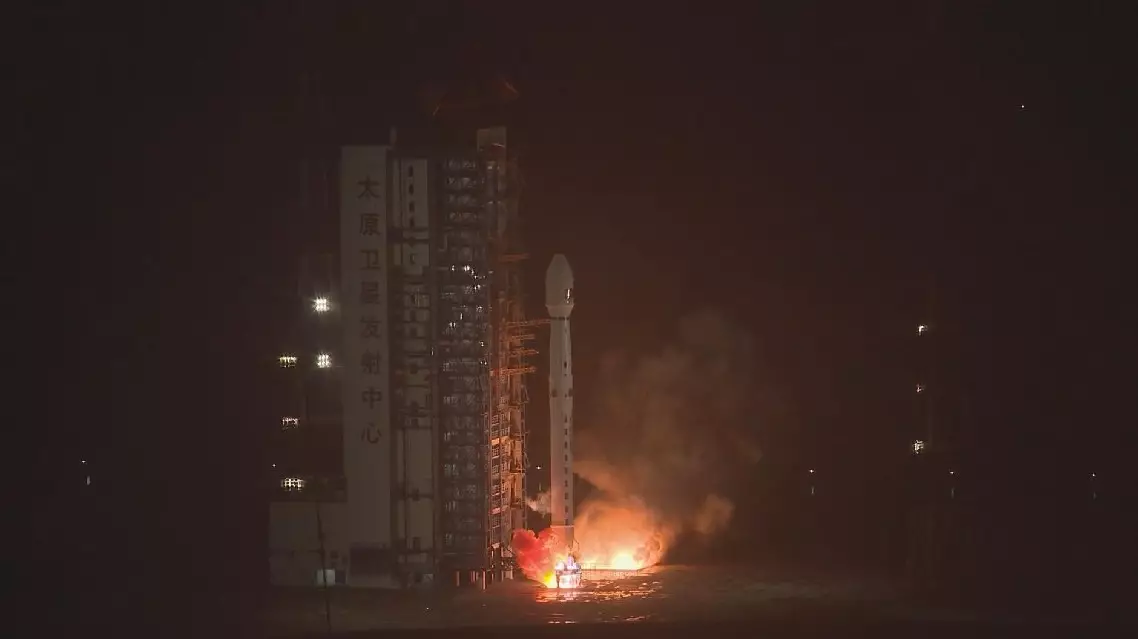
China launches ocean-salinity detection satellite into space
Both Hamas and Israel issued a statement on Wednesday, trading blame over failure to conclude a ceasefire agreement despite the progress reported by both sides over the past days.
With the mediation of Qatar and Egypt, the negotiations on a ceasefire in the Gaza Strip and a deal to exchange hostages are underway in Doha, the capital city and main financial hub of Qatar.
The warring parties have accused each other of obstructing the ceasefire agreement.
In a statement on Wednesday, Hamas said that the ceasefire and prisoner exchange negotiations are proceeding in Doha with Qatari and Egyptian mediation in a serious manner, and that it has shown responsibility and flexibility.
But Israel has set new conditions related to its withdrawal from Gaza, a ceasefire, a prisoner-hostage exchange, and the return of the displaced Palestinians, which have delayed the conclusion of an agreement that was available, Hamas said Wednesday.
Also on Wednesday, the Israeli Prime Minister's Office issued a statement, saying that "the terrorist organization Hamas is lying again, reneging on understandings already reached, and continuing to create difficulties for the negotiations. Notwithstanding this, Israel will continue tirelessly in its efforts to return all of our hostages."
The blame trading follows a series of positive signs in the ceasefire talks between the two sides.
If Israel did not set new conditions, the possibility of reaching a ceasefire agreement was higher than ever before, Hamas said in a statement on Saturday.
Israeli Prime Minister Benjamin Netanyahu told the Knesset, the parliament, on Monday that the peace talks between the two parties had made some progress.
Israel has been launching a large-scale offensive against Hamas in the Gaza Strip to retaliate against a Hamas rampage through the southern Israeli border on Oct. 7, 2023, during which about 1,200 people were killed and about 250 others taken hostage.
The Palestinian death toll from ongoing Israeli attacks on the Gaza Strip has risen to 45,361, with 107,803 others injured, the Gaza-based health authorities said in a statement on Wednesday.
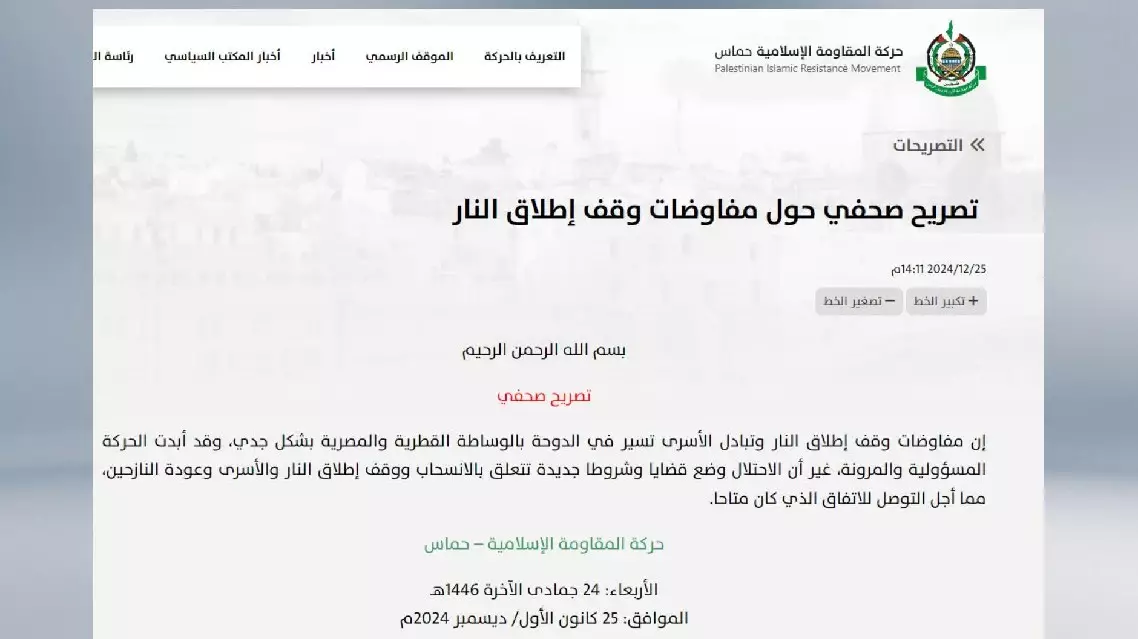
Hamas, Israel blame each other for ceasefire delay








